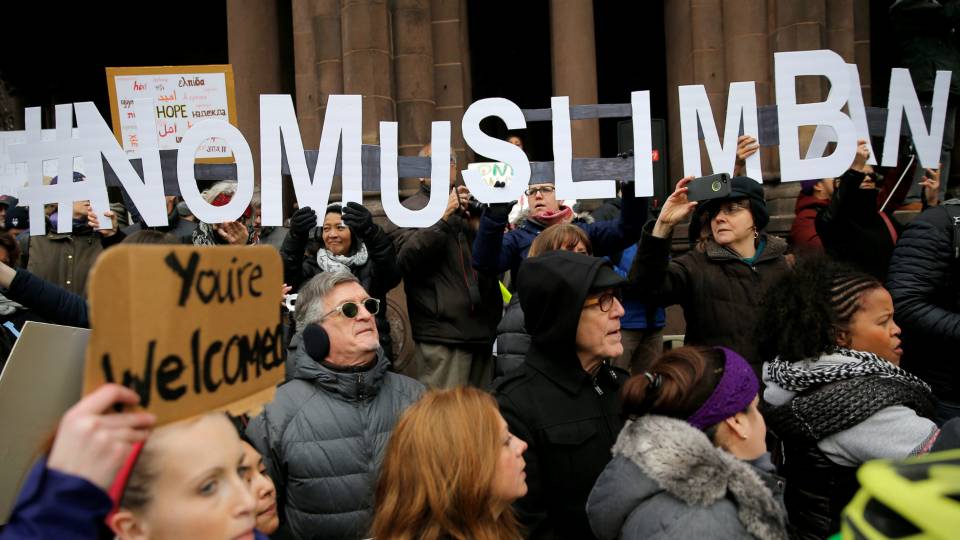Sessions Calls for End to Diversity Visa Lottery
Attorney General Jeff Sessions is calling for an end to the Diversity Visa Lottery, the program that allowed a New York City, New York terror suspect to enter the United States.
During a speech in New York City, Sessions said the Diversity Visa Lottery, where more than 50,000 foreign nationals are randomly picked around to the world to come to the U.S., did not serve the interests of the American people and put the nation at risk.
“[Ending the Diversity Visa Lottery] is the best way to ensure that the immigration system in America is benefitting America,” Sessions said. “We don’t use random chance in college admissions and we don’t roll a die to hire people. By the same token, a lottery tells us nothing about who would thrive in this country.”
Sessions said that along with ending the Diversity Visa Lottery, he called on Congress to help pass President Trump’s popular pro-American immigration reforms, which would end family-based chain migration and reduce legal immigration levels to raise wages for Americans.
“The President has also laid out a set of principles for immigration reform that would make us safer,” Sessions said. “First of all, by building the border wall and requiring legal status to get a job, this plan would dramatically cut down on the illegality in our system. It would help us keep better track of who is in this country.”
“And just as importantly, the President’s immigration plan would switch us to a merit-based immigration system. He would abolish the Diversity Visa Lottery and replace it with a points-based system like is used in Canada and Australia,” Sessions continued.
Sessions’ comments come after 29-year-old Uzbek national Sayfullo Saipov alleged killed at least eight individuals when he drove a truck through a crowd in New York City this week. Saipov entered the U.S. on the Diversity Visa Lottery in 2010 and soon after obtained a Green Card to permanently remain in the country.
The Diversity Visa Lottery gives out 50,000 visas every year to foreign nationals from a multitude of countries, including those with known terrorist problems – such as Afghanistan, Algeria, Egypt, Iraq, Lebanon, Libya, Nigeria, Saudi Arabia, Somalia, Syria, Trinidad and Tobago, Venezuela, Yemen, and Uzbekistan.






















